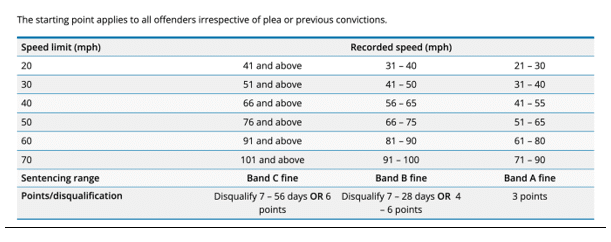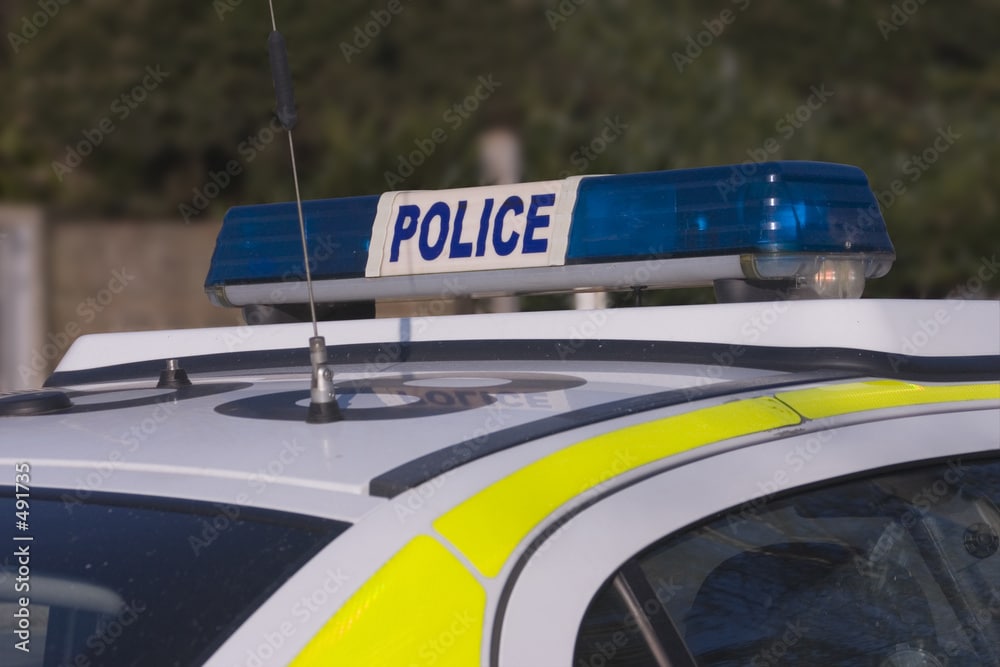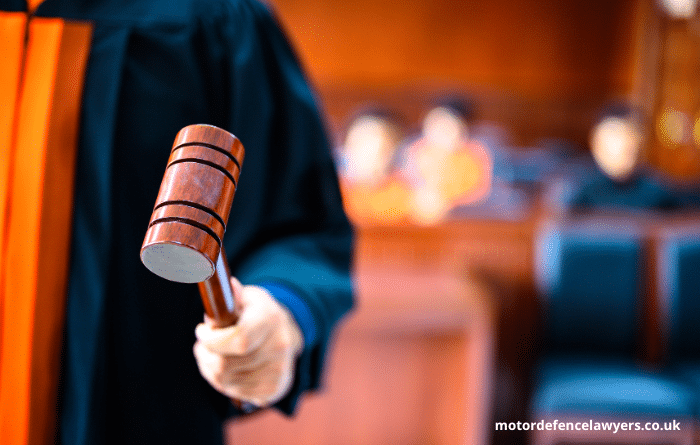Why Choose Us
- Ranked in the top 3 law firms by Trustpilot
- Nationwide Legal Coverage
- Free Consultation
- Fixed Fee Terms
- Competitive Rates
- Flexible Payment Plans
- Trusted Legal Care
- UK’s Leading Motoring Solicitors
5 out of 5
Our customers rate us
“EXCELLENT”
AS SEEN ON
27.09.2024
Speeding in an Emergency Situation
The law in the UK is very clear concerning the speed limits designated to all UK roads. The speed limit enforced will be dependent on the location and type of road concerned. For example; residential areas will always have a much lower speed limit, generally 20mph, whilst motorways will permit motorists to travel up too 70mph. This speed will also vary depending on the time of vehicle you drive.
The Highway Code clearly defines the difference in speed limits for any vehicles such as motorhomes, coaches, buses and motorbikes. It is important to note that the speed limit designated to any road is the maximum speed you should be travelling at and not an average speed.
Travelling in excess of the speed limit is an offence under the Road Traffic Regulation Act 1984.
If you are caught driving in excess of the speed limit, you are subject to a sentence ranging from penalty points to a driving disqualification. The potential sentence you receive will be dependent on how grossly in excess you were exceeding the speed limit.
Please see below the general remit of the Magistrates Sentencing Guidelines. It is important to note that these guidelines are a starting point for all offenders and are not taking in to consideration any aggravating or mitigating factors.

Charged with a speeding offence?
Contact Caddick Davies today for expert advice
If you have caught speeding by a speed camera, hand held device or a police officer; you may be pulled over by a police officer at the time of the offence or you will receive a Notice of Intended Prosecution (NIP)/ Section 172 Notice. The Notice of Intended Prosecution will be sent to the registered keeper of the vehicle at the vehicles registered address. This Notice will outline the date and time of the offence and may provide you with further details of the alleged offence. You will then need to respond to this notice nominating the driver at the time the offence was committed. Dependant on the severity of the offence, you will then either be offered a speed awareness course, conditional offer of fixed penalty or in more serious cases – be summonsed to Court.
Speeding is permitted for emergency vehicles such as police vehicles, ambulance/paramedic vehicles and fire engines. This is to ensure that the forementioned vehicles are able to conduct their role as emergency response workers. However, this does not extend freely to lay persons in an emergency situation.
Speed limits are set at the limit deemed safe to travel on the road in question, taking into consideration the vicinity of pedestrians, schools and in areas with a high volume of traffic. Travelling in excess of the speed limit can pose significant risk to pedestrians and other drivers.
However, if you have been caught speeding in circumstances where an emergency took place, you may be able to advance a Special Reasons Argument on this basis.
Contact Caddick Davies Solicitors today
Send us a message or call us on 0333 443 2366 for friendly advice
A Special Reasons Argument is a legal argument which can be advanced if you have mitigating or extenuating circumstances, that would not amount to a full defence in law, but that the Court ought to have consideration of.
The criteria for a Special Reasons Argument was established in R v Wickens (1958) 42 Cr App R 436 (CA). Pursuant to Wickens, for a matter to be defined as a special reason it must :

The most common Special Reasons Argument for an offence of speeding, is where the speed limit has been broken in the event of a genuine emergency. The is further defined in the case of Whittal v Kirby [1946].
Please see below a number of example where a Special Reasons Argument may be used in this circumstances:
If at the time of the alleged offence you were transporting a friend or family member to a hospital, you may have a Special Reasons Argument. However, for this argument to have realistic prospects of success, it will strengthen your case if you can evidence the following:
If at the time of the alleged offence you were transporting your partner to the hospital who was in active labour, you may have a Special Reasons Argument. For this argument to have the strongest prospects of success, you would need to evidence the following:
If at the time of the alleged offence you were speeding in order to visit a family member or friend, whom you had been advised did not have long left and had you not committed the offence you may have been unable to see – you may have a Special Reasons Argument. However, this specific reason is more difficult to run successfully than others.
For this argument to have the strongest prospects of success, you would need to evidence the following:
If at the time of the alleged offence, you were suffering from the symptoms of a medical condition you or one of your passenger’s suffered from and you drove beyond the specified speed limit as the person had an immediate need to relieve themselves, you may be able to advance a Special Reasons Argument.
For this argument to have the strongest prospects of success, you would need to evidence the following:
Please note the above notes just a few examples of emergency situations where a Special Reasons Argument can be used. We would always recommend taking legal advice from a motoring specialist if you believe you may have a potential argument.
Charged with a speeding offence?
Contact Caddick Davies today for expert advice

If your Special Reasons Argument is accepted, you will still receive the conviction, as you will have plead guilty to the offence. For a speeding offence, this conviction will not appear on a criminal record, but may still be visible on an enhanced DBS check.
When a Special Reasons Argument is accepted by the Court, you will generally receive no penalty points, disqualification or financial penalty. However, this is completely discretionary and the Court have the option to accept your argument and sentence you to a reduced amount of penalty points and/or fine. This can be helpful for example if you are new driver and were initially subject to six penalty points, as the Court are able to sentence you outside of the guidelines if the argument in accepted.
Contact Caddick Davies Solicitors today
Send us a message or call us on 0333 443 2366 for friendly advice
If you have been charged with a speeding offence as a result of an emergency situation, we would advise telephoning our office for a free initial discussion with one of our motoring specialists. You can contact out office for a free consolation on 0151 944 4967 or [email protected].
Charged with a speeding offence?
Contact Caddick Davies today for expert advice
Why Choose Us
We have been successfully representing clients in motoring courts nationwide
Contact us for a free consultation, our expert solicitors will be able to discuss your case and advise on legal options.
Birmingham
Bradford
Bristol
Carlisle
Cardiff
Chelmsford
Huddersfield
Hull
Manchester
Liverpool
Leeds
London
Newcastle
Norwich
Nottingham
Sheffield